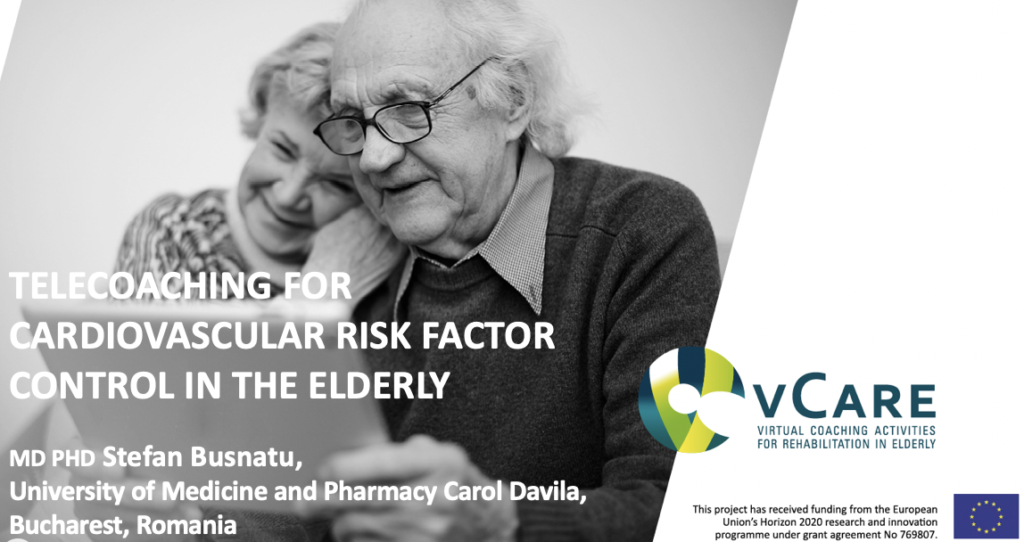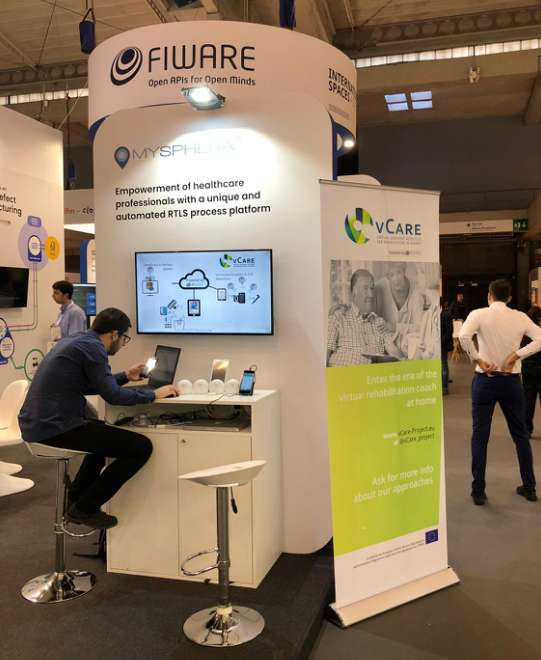vCare spots a gap: New opportunities for virtual coaches on patient rehabilitation
Led by Peppino Tropea of Milan’s Casa Cura Policlinico, members of the vCare team have mapped recent literature on the use of virtual coaching use in medical care. Their scoping review was on innovative practices.
Given the rapid increase in focus on artificial intelligence and data analytics, virtual coaches are now coming to the fore.
The available literature shows how virtual coaches are being used to engage and guide patients in their ongoing plan of care.
The materials available in three publishing databases, Embase, PubMed, and Scopus, were assessed: at the starting-point, they were almost 400 in number. The result was an overview of close to 50 publications. The focus was on studies with a medical or a clinical orientation.
Chief among the uses of virtual coaches were: managing weight and nutrition, and managing or self-managing chronic conditions like heart failure, chronic obstructive pulmonary disease, depression, and chronic pain. Encouraging physical activity is a main theme among today’s virtual coaches.
The range of virtual coaches covered “embodied conversational agents”/avatars, electronic coaching programs, smart devices, and support through apps.
With patients, virtual coaches can be used for many more purposes in the medical and clinical fields than they are today.
vCare hopes its insights into the opportunities that this gap offers “may inspire new ideas for future work [..] on virtual coaching.” Rehabilitation, in particular, the authors say, is “the great absentee”, the obvious missing link.
In total, a dozen authors from five institutions in Denmark, Italy, Germany, Romania, and Spain worked to produce this report. They come from a wide range of disciplines in medically-oriented universities, hospital neurological departments, and business schools and economics faculties. Collectively, it is their hope that their work enhances “constructive dialogue between bioengineers and clinicians in creating innovative technological platforms [that can deal with] with new challenges in the world of medical care.”
Publication date: 1 October 2019
Location: JMIR – https://www.jmir.org/2019/10/e12805






